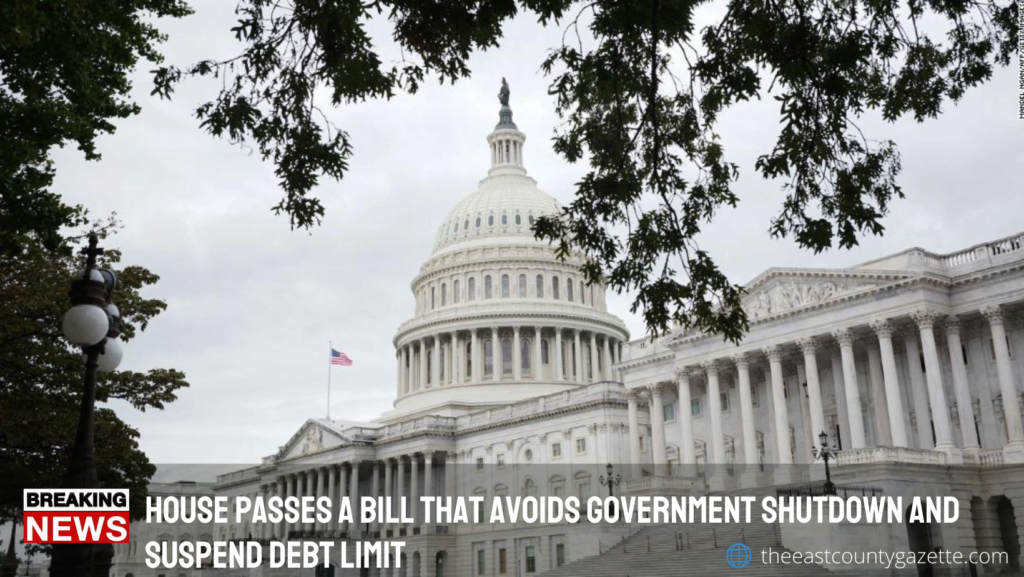The House passed a bill on Tuesday that would both prevent a government shutdown and suspend the debt limit in a step in an aim that would prevent possible economic calamity.
The House vote was 220-211 along party lines. It was unclear how soon the Senate would act.
Government funding is set to expire on September 30, but the stopgap bill the House approved would extend funding and keep the government open through December 3.
In addition, the measure includes a debt limit suspension through December 16, 2022. It would also provide $28.6 billion in disaster relief funding and $6.3 billion to assist Afghanistan evacuees.
The bill now faces an uphill battle in the Senate. By attaching the debt limit suspension to the must-pass funding bill, Democrats are essentially daring Republicans to vote no and spark a shutdown.
If Republicans stick by their refusal to support the measure in the Senate, Democrats will have to come up with a new strategy or quickly face the twin problems of a government in a partial shutdown that is unable to pay its bills and the risk of a default for the first time in modern history.
House Speaker Nancy Pelosi and Senate Majority Leader Chuck Schumer set the stage on Monday for a showdown with Republicans when they said they would combine spending and debt measures in one bill, despite Senate Republican leader Mitch McConnell’s vow to block an increase in the $28.4 trillion debt ceiling.
Earlier on Tuesday, House Majority Leader Steny Hoyer left the door open on what measures the House would take if the Senate is not able to pass what the House sends over before the government runs out of funding next week.
“We want to send it over to the Senate, and give the Senate an opportunity to consider it, figure out what they’re going to do and they may send it back to us, at which point in time we will have to make a determination, but we want to pass that bill,” he said.
Recommended Read: Unemployment Benefits: Will AOC Be Able to Extend It Until 2022?
Republicans have said Democrats could raise the debt limit on their own through reconciliation, a maneuver that gets around the Senate’s rule that 60 of the chamber’s 100 members must approve the legislation.
Democrats have resisted doing that so far, saying the vote to raise the debt limit should be a bipartisan one.
“Playing games with the debt ceiling is playing with fire and putting it on the back of the American people,” Schumer said in a speech.
Schumer and Pelosi will meet with their fellow Democrat, President Joe Biden, at the White House on Wednesday afternoon, a source familiar with the planning said.
The meeting comes as Washington grapples with the twin deadlines of funding the government and raising the debt limit, as well as a Democratic push to pass Biden’s mammoth $3.5 trillion domestic agenda, using the reconciliation maneuver.

